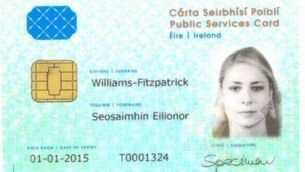Government confirms bailout loan application
The government tonight confirmed it will seek a bailout loan from the International Monetary Fund (IMF) and Europe.
After an emergency Cabinet meeting lasting several hours in Dublin and talks with EU states, ministers signed off on plans for the rescue package.













